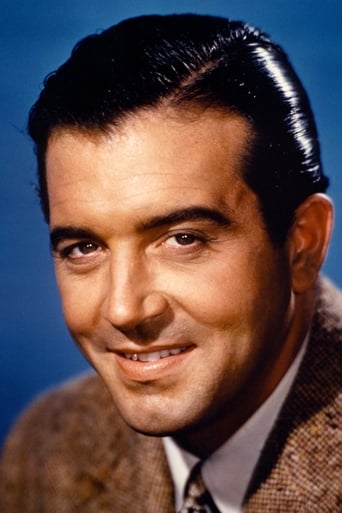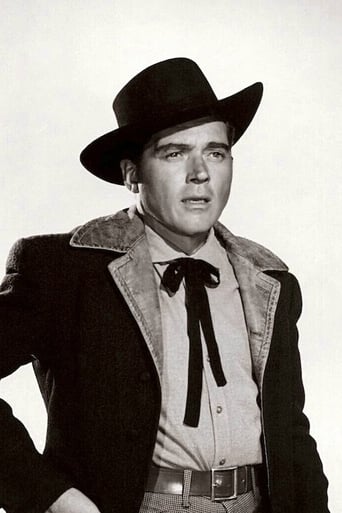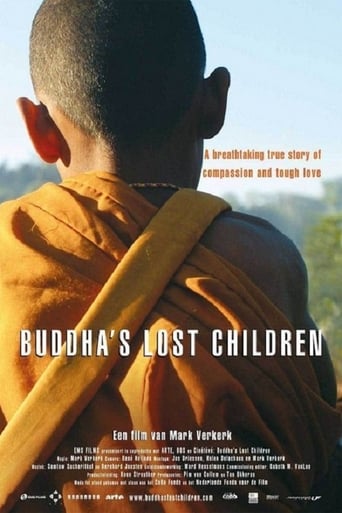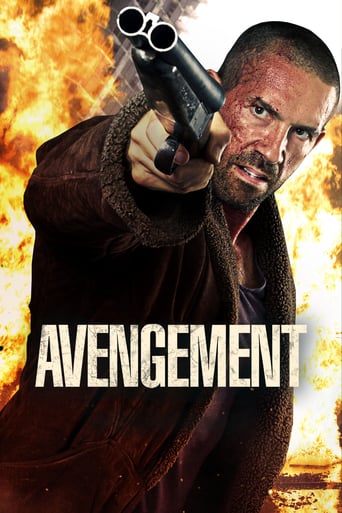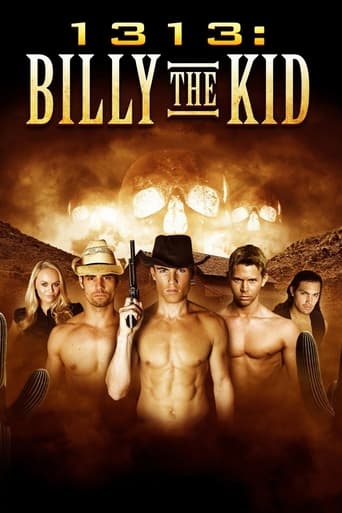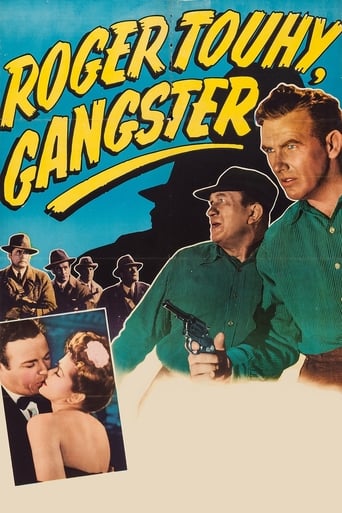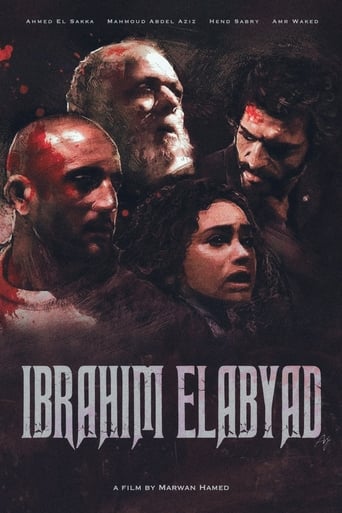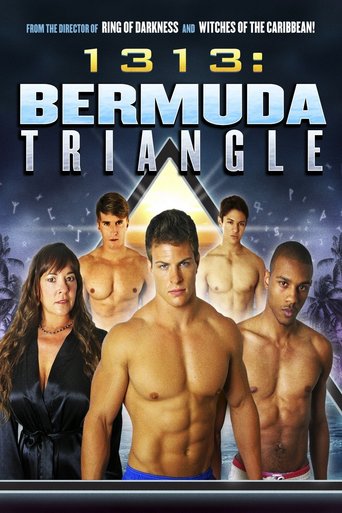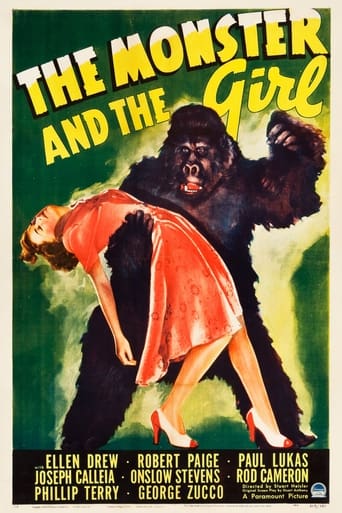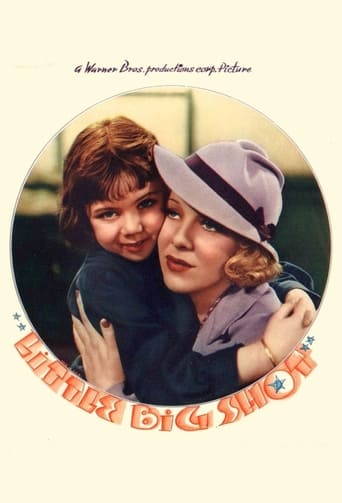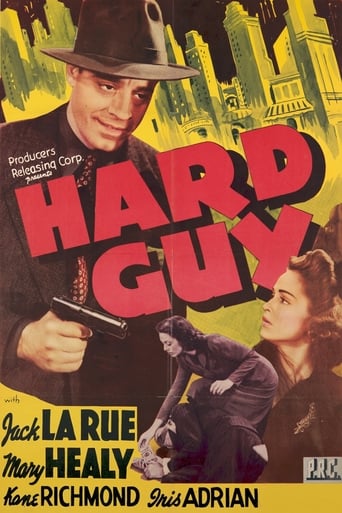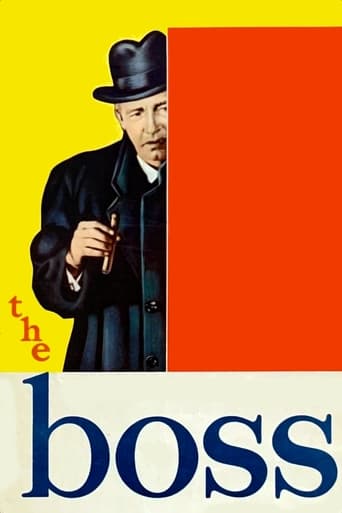
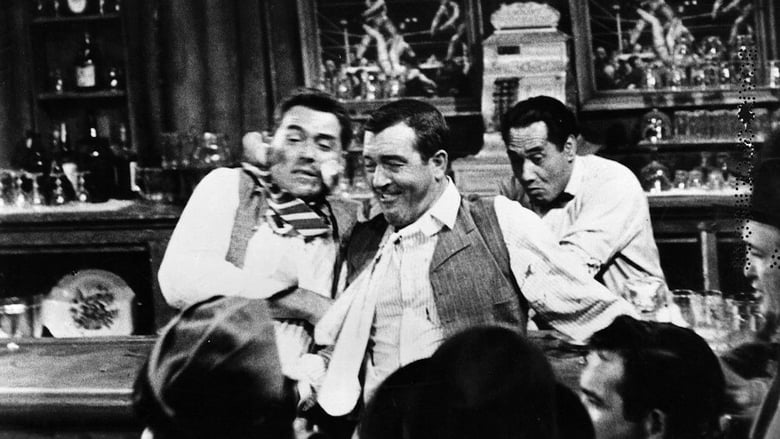
The Boss (1956)
A crusading politician falls prey to the temptations of power.
Watch Trailer
Cast


Similar titles
Reviews
On returning home from fighting the first world war, Matt Brady (John Payne) reunites with his brother Tim (Roy Roberts) after leading a well staged parade of soldiers down the main street of his home town. As the day unfolds, so does the true character that John Payne memorably plays, a combination of ruthlessness and loyalty. Inheriting a crooked political machine with tentacles that extend statewide and eventually as far as Washington, from brother Tim, who dies of a heart attack when Payne refuses to divorce Lorry Reed (Gloria McGehee), whom he met in the closing hours of a rundown bar on the same night or early the next morning of the day of the parade, the story carries Payne's character to the heights of behind-the-scenes political influence gained through widespread corruption which represents business as usual. Forced into dealing with the mob because of losses incurred in the 1929 stock market crash, Payne's character forms an alliance with Johnny Mazia (Robin Morse), a character he had earlier kicked out of his political machine but who has now become a crime boss. Morse's character is classic, his scenes with Payne are tense. Payne's rise to the top is accompanied by his ostracism from the city's social elites who blackball him from their country club. It's a tough performance, shot in the darker hues of black, white and grey by stellar cinematographer Hal Mohr.
This film currently has an IMDb score of 6.9 and I think this is a bit generous. I felt the film was an adequate time-passer and nothing more.This film is from John Payne's tough guy era--after he stopped playing pretty boys such as in musicals when he was younger and more handsome. Now middle-aged, many of his film were much grittier--and he made a bunch of noir films during the 1950s. Some were very good and often he was very good as a heavy, but here he comes off as almost funny--barking orders and giving a rather heavy-handed performance. In other words, he seems to be a caricature of a bad guy here and it never comes off as very believable. Some of this is surely due to the script. Regardless, the film is unconvincing and, at times, a bit silly. Not a terrible film, mind you--just not all that good.By the way, look at the machine gun scene. A group of guys are mowed down at point blank range and only the tiniest trickle of blood is seen on one victim's hand. Ha!
Sorry if that title confuses but, watching this on TCM recently I was convinced this was made in the early 40's so was amazed to see the 1956 date on it. It was the staging and story arc so reminiscent of several Bogart and Cagney movies that made it seem so dated in it's overall production.That being said, John Payne gives a powerful and well nuanced performance as a man whose inner turmoil of unrequited love, filial duty and tussles with what is "right" (feeling he has to marry a one night stand) and the attraction of an easy but crooked lifestyle are visible on his gradually hardening features as he ages - nicely done.Based clearly on the Pendegast machine of the 20's and 30's the action becomes a little stereotyped, with the "good citizens" of the town having to include a priest as a sign of moral rectitude.Brady's downfall in the Crash of 1929 is perhaps a little convenient (a sharp guy like this would have had hot cash stashed in many accounts and ensured that the diamonds seen earlier were part of a large collection of readily realizable assets but, I digress)and the heavy symbolism of the final shot of Payne shuffling towards the shadow of a tall, barred prison gate, dropping the cigar that had been his symbol of success owes much to the existential films coming out of many central European studios at the time.An excellent central performance but Dalton Trumbo's uncredited screenplay lays on the "truth prevails" message too heavily.
Based on the story of Boss Tom Pendergast of Kansas City who ruled the roost there succeeding brother Jim from World War I until the outbreak of World War II, John Payne delivers a riveting portrayal of a political boss back in the day when these guys were at their heights running our nation's cities. Mostly, but not all were Democrats who rounded up and registered the foreign ethnic populations and got them to vote for the party slate. In the days before social welfare became a responsibility of government, these bosses while they enriched themselves also fed a lot of hungry people, giving them food and fuel for a winter. Tom Pendergast was no exception there.When talking about some of the facts of the Pendergast machine operation, the screenplay by Dalton Trumbo under the pseudonym Ben L. Parry sticks pretty close to the facts. In fact Pendergast did do the things described in the film to a country club that high hatted him. The romantic angle however of Payne being in love with Doe Avedon who married best friend William Bishop and then marrying plain Jane Gloria McGehee in a moment of drunken weakness is a complete fabrication. In fact Pendergast's private life as far as we know was a model of probity and he and his wife raised several children, unlike here where he's shown to be a man alone even keeping his wife at room's length away.The character of Joe Flynn, later Captain Binghamton on McHale's Navy is Harry Truman who was a county judge (commissioner) for Jackson County, Missouri and later United States Senator. Truman himself was honest, but he also winked and nodded at the corruption of others and some of the cronies he put into office as president embarrassed him no end.Ward Boss Roy Roberts, Payne's brother is James Pendergast and it is true he ran a good chunk of Kansas City from his saloon. It's also quite true that Pendergast did make a deal with organized crime there who did open speakeasies in Kansas City like every place else in the USA. The famous Kansas City massacre did have a bad effect on his public image although not as immediately influential in bringing him down as shown in The Boss. The Boss is a no frills uncompromising look at the soft underbelly of corruption in America back in the day. It's a well acted drama with John Payne in one of his best dramatic performances.


